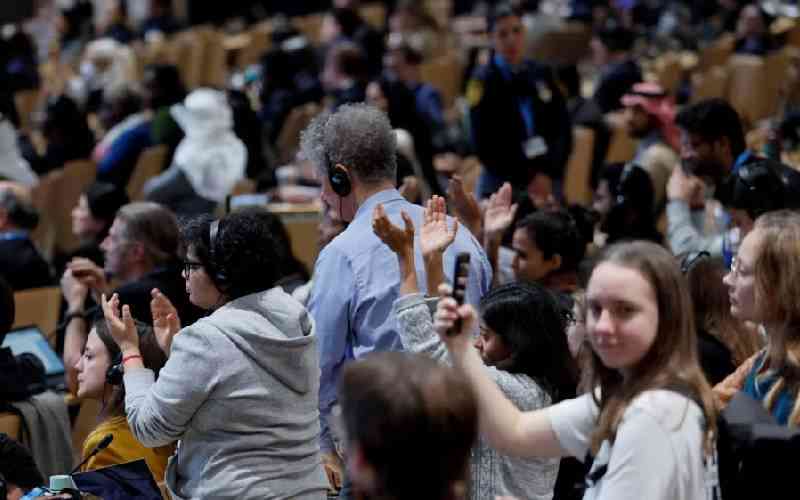
Anger and frustration from developing nations vulnerable to climate impacts are likely to linger following the conclusion of the climate change summit in Azerbaijan, COP29, as nations adopted a $300 billion global finance target to help poorer nations cope with climate change, a deal that many recipient nations slammed as severely insufficient.
Global North countries, often historic emitters responsible for global warming, agreed on Sunday to pledge $300 billion a year until 2035 for their developing counterparts to stave off the direst effects of climate change - less than a quarter of the acknowledged $1.3 trillion needed annually to reduce emissions and build resilience in vulnerable countries.







